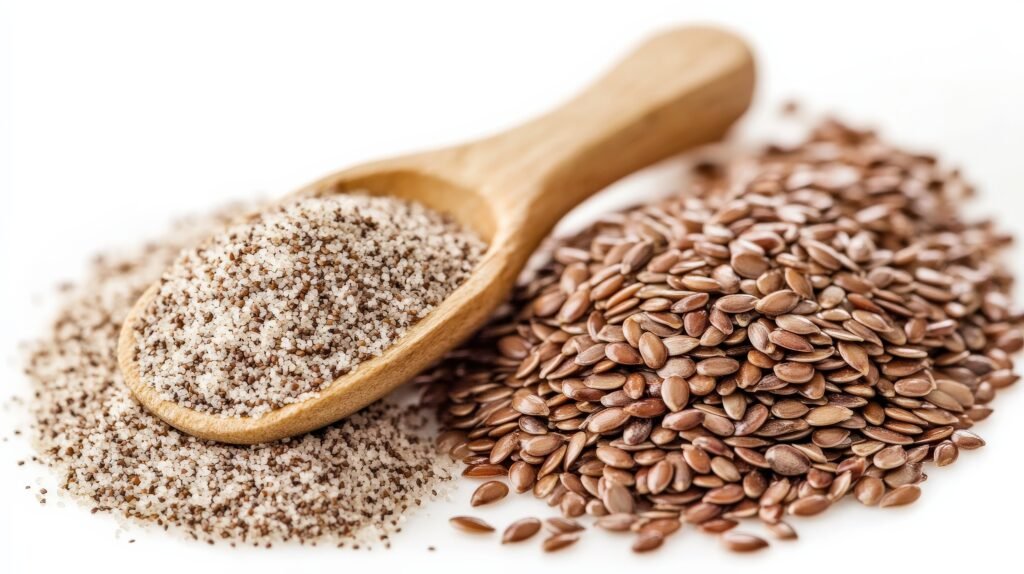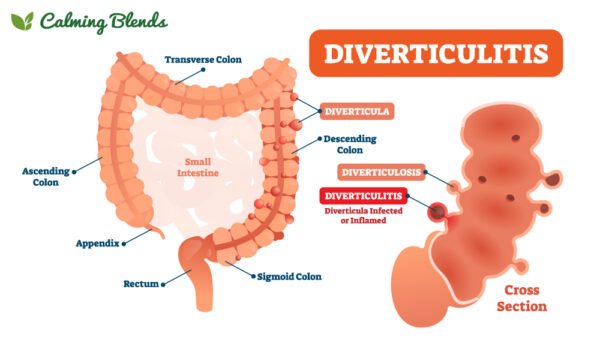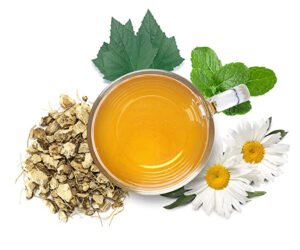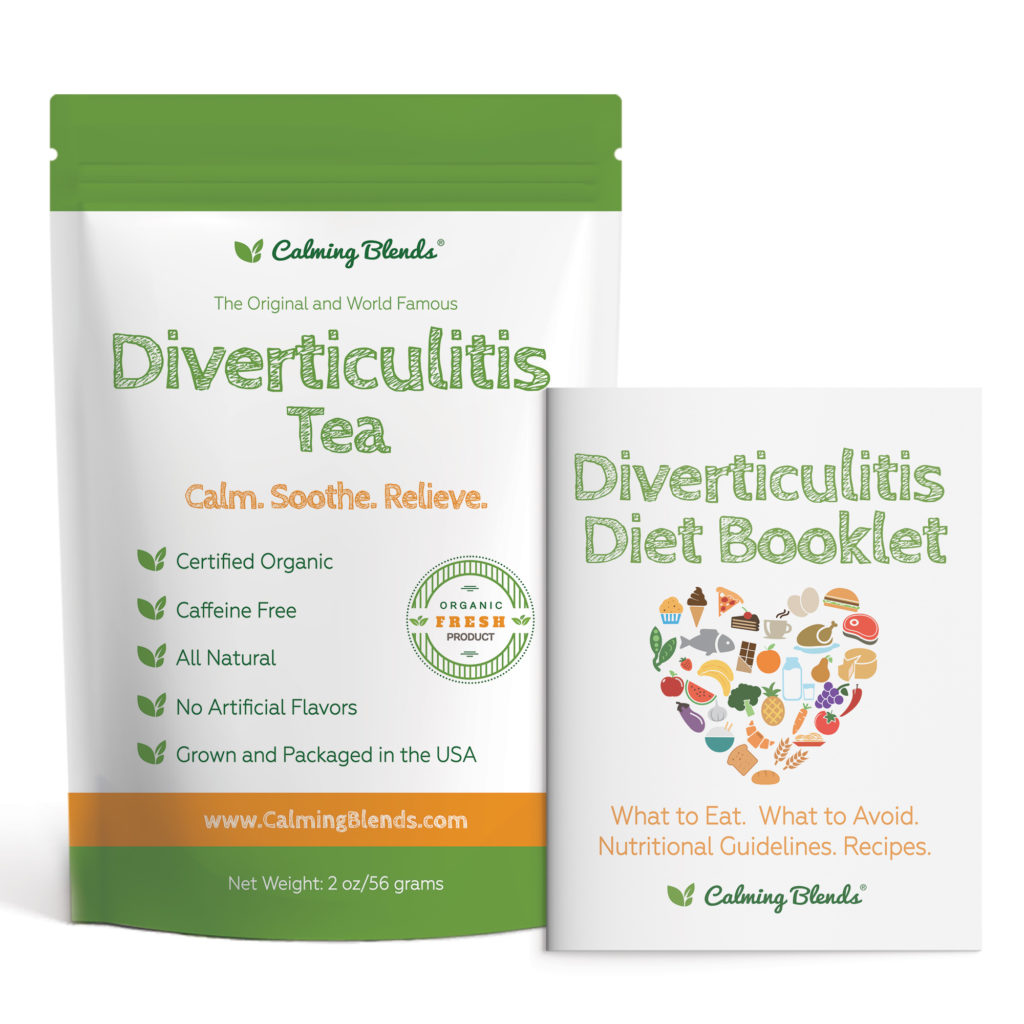Flaxseed and Diverticulitis: A Comprehensive Guide

Flaxseed and Diverticulitis: A Comprehensive Guide
Diverticulitis, characterized by inflammation of small pouches (diverticula) in the colon, affects many as they age. While symptoms vary from mild discomfort to severe pain and complications, diet plays a pivotal role in both managing and preventing the condition. Among dietary contenders often discussed is flaxseed—praised for its fiber, omega-3s, and antioxidant properties. In this post, we explore how flaxseed may interact with diverticulitis, guided by the latest science, practical advice, and where the Calming Blends Diverticulitis Tea fits beautifully into a holistic approach.
Understanding Diverticulitis and Diverticulosis
Diverticulosis refers to the presence of diverticula—small pouches in the colon wall—often without any symptoms. When these become inflamed or infected, that’s diverticulitis. Symptoms can include abdominal pain, fever, bowel habit changes, and bleeding.

Why Fiber Matters—and How Flaxseed Helps
1. Fiber’s Protective Power
A high-fiber diet can reduce the risk of diverticular complications by easing stool passage, reducing colonic pressure, and supporting a healthy gut microbiome. People consuming around 40 g of fiber daily had up to a 58% lower risk of diverticular disease compared to those with low intakes.
2. Seeds and Flaxseed: A Fresh Look
Past advice discouraged nuts and seeds, but newer studies show they do not increase diverticulitis risk. In fact, flaxseed—rich in both soluble and insoluble fiber, omega-3 fatty acids, and lignans—may protect against recurrence.
3. Anti-Inflammatory Support
Flaxseed’s omega-3s and lignans provide anti-inflammatory and gut-supportive effects, contributing to overall digestive wellness.
How to Incorporate Flaxseed Safely
| Stage | Flaxseed Recommendation |
|---|---|
| Active Flare-Up | Avoid flaxseed and other high-fiber foods. Stick to liquids/low-fiber diet. |
| Recovery Phase | Start with ground flaxseed or flax oil in small amounts. |
| Maintenance | Include 1–2 tbsp ground flax daily for fiber and omega-3 benefits. |
Tips at a Glance
- Stay hydrated (fiber works best with water).
- Use ground flaxseed, not whole.
- Pair flaxseed with smoothies, yogurt, or soups.
- Reintroduce fiber slowly after flare-ups.
Summary
- Flaxseed is safe and beneficial for most with diverticulosis.
- Avoid flaxseed during active flares; reintroduce it gradually after recovery.
- Ground flaxseed is easier to digest than whole seeds.
- Recent evidence shows seeds and nuts may help prevent diverticulitis.
Meet Calming Blends Diverticulitis Tea
As you reintroduce fiber-rich foods like flaxseed into your diet, soothing support can help your gut feel more comfortable.
Try the Calming Blends Diverticulitis Tea — crafted with gentle, soothing herbs to ease digestion and bring comfort to your daily routine.
Calming Blends health’s content is for informational and educational purposes only. Our website is not intended to be a substitute for professional medical advice, diagnosis, or treatment.

